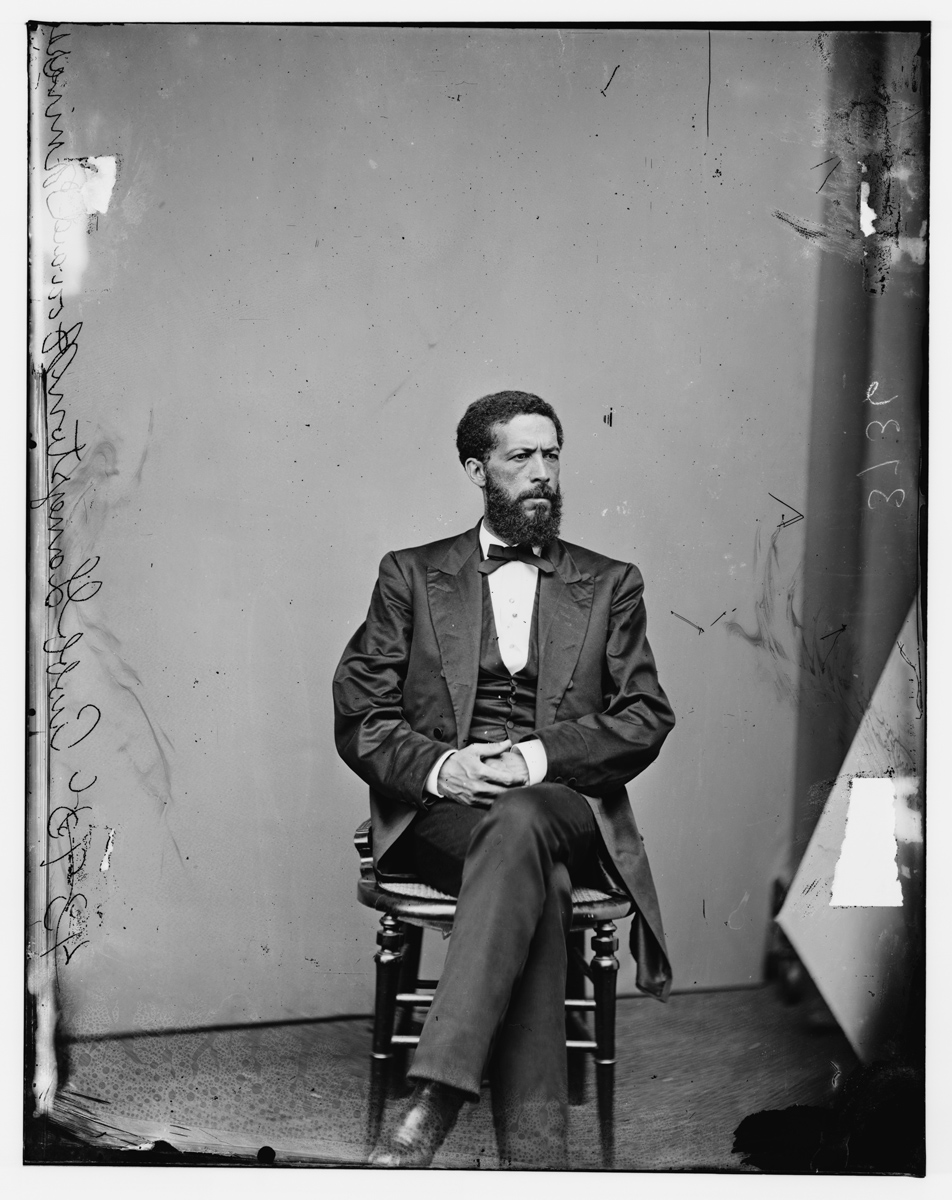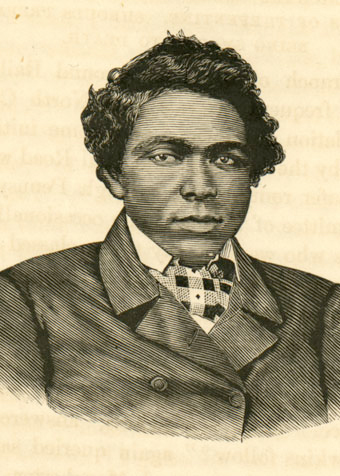Do Citizens Get the Right to Vote?
︎
“Without the right to share in the governing power, no man is really free.”
Congressman George W. Julian of Indiana, 1866.
This broadside celebrates emancipation. Courtesy of the Library of Congress.
The 13th Amendment ended slavery. It implied citizenship for the formerly enslaved, but did not explicitly grant it. The Civil Rights Act of 1866 did so. But civil rights still did not equal political rights, including the right to vote.
Even though a growing body of Federal legislation during Reconstruction gradually expanded civil rights, it never did the same for political rights.
Black Americans protested. The National Equal Rights League, formed in 1865, pressed for an articulation of citizenship rights for Black Americans, including the right to vote. In 1868, the 14th Amendment was the first to mention “the right to vote,” and this legislation put Federal authority above states in matters of citizenship and civil rights.
Even though a growing body of Federal legislation during Reconstruction gradually expanded civil rights, it never did the same for political rights.
Black Americans protested. The National Equal Rights League, formed in 1865, pressed for an articulation of citizenship rights for Black Americans, including the right to vote. In 1868, the 14th Amendment was the first to mention “the right to vote,” and this legislation put Federal authority above states in matters of citizenship and civil rights.
Through confirmation of birthright citizenship and the Privileges and Immunities, Due Process, and Equal Protection clauses, the Amendment stated that states could not abridge the rights then enumerated in the Constitution of any person in the United States.
But up to that point, the right to vote did not appear in the Constitution.
The 14th Amendment left out women’s suffrage over the objections of Frances Ellen Watkins Harper, Susan B. Anthony, and the American Equal Rights Association. It also excluded American Indians from the protections of citizenship.
But up to that point, the right to vote did not appear in the Constitution.
The 14th Amendment left out women’s suffrage over the objections of Frances Ellen Watkins Harper, Susan B. Anthony, and the American Equal Rights Association. It also excluded American Indians from the protections of citizenship.



Elizabeth Cady Stanton, Susan B. Anthony, Lucy Stone, and others signed this petition calling for voting rights for women during the post-war debates over expanding suffrage. Courtesy of National Archives and Records Administration.
